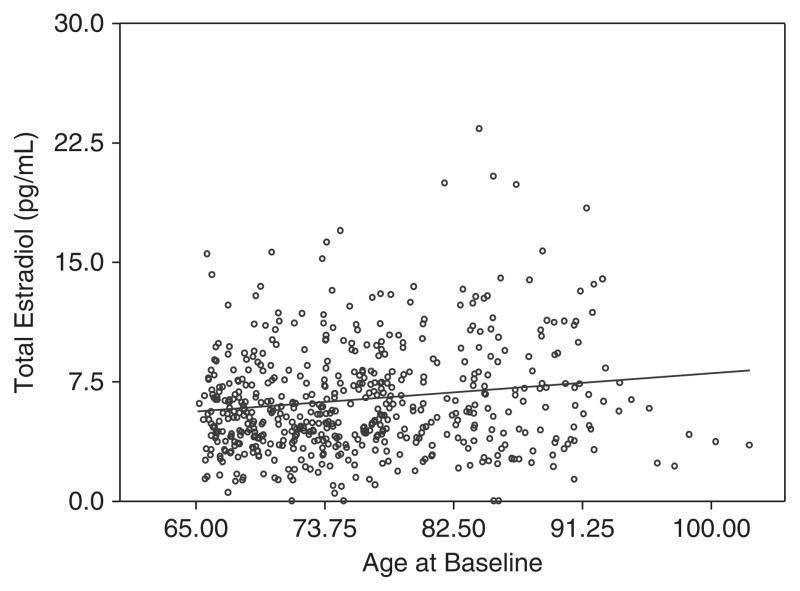Nebula
Member
- Joined
- May 30, 2018
- Messages
- 678
One problem with a Peat inspired diet based on milk and fruit juice is that most commercial products that are typically available aren’t what they appear to be. They are usually highly processed and contaminated. I’ve never had good results on conventional milk, fruit juice and fruits unless I’m already in very good metabolic shape. Whenever I’ve splurged on the highest and freshest quality fruit and dairy the result is usually very good. The $10 per half gallon for milk or juice I’ve bought at a health food store that are from a small local farm with no processing have drastically different effects that warm me up and create a sense of well being, while conventional products usually make me somewhat cold and anxious.
So quality does seem to matter a lot when it comes to dairy and juice, but unfortunately most people don’t have the budget and access to these much higher quality sources.
So quality does seem to matter a lot when it comes to dairy and juice, but unfortunately most people don’t have the budget and access to these much higher quality sources.

